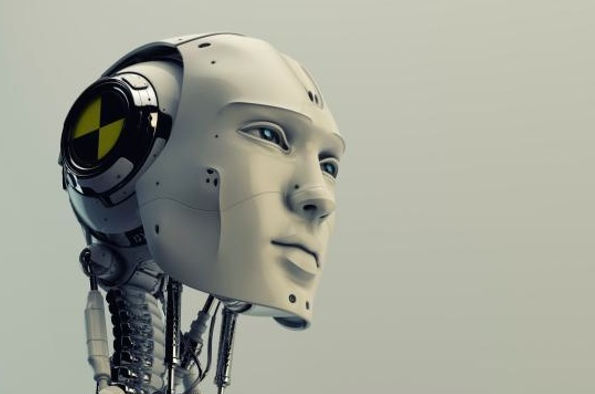
A Fatal Attraction? Why people are fascinated by robots and what to do about it.
- 0151 795 4237
- Gill Prescott
- Admission: Free
- Book now
Add this event to my calendar
Click on "Create a calendar file" and your browser will download a .ics file for this event.
Microsoft Outlook: Download the file, double-click it to open it in Outlook, then click on "Save & Close" to save it to your calendar. If that doesn't work go into Outlook, click on the File tab, then on Open & Export, then Open Calendar. Select your .ics file then click on "Save & Close".
Google Calendar: download the file, then go into your calendar. On the left where it says "Other calendars" click on the arrow icon and then click on Import calendar. Click on Browse and select the .ics file, then click on Import.
Apple Calendar: The file may open automatically with an option to save it to your calendar. If not, download the file, then you can either drag it to Calendar or import the file by going to File >Import > Import and choosing the .ics file.
Biography: Kerstin Dautenhahn, Senior Member IEEE, is Professor of Artificial Intelligence in the School of Computer Science at University of Hertfordshire in the UK where she co-ordinates the Adaptive Systems Research Group. She has published more than 300 research articles. Prof. Dautenhahn has edited several books and frequently gives invited keynote lectures. She has been Principal Investigator of her research team in several European, nationally and internationally funded projects. Prof. Dautenhahn is Founding Editor in Chief of the journal Interaction Studies: Social Behaviour and Communication in Biological and Artificial Systems, as well as Associate Editor of Adaptive Behaviour (Sage Publications), the International Journal of Social Robotics (Springer), IEEE Transactions on Affective Computing and the IEEE Transactions on Autonomous Mental Development.
